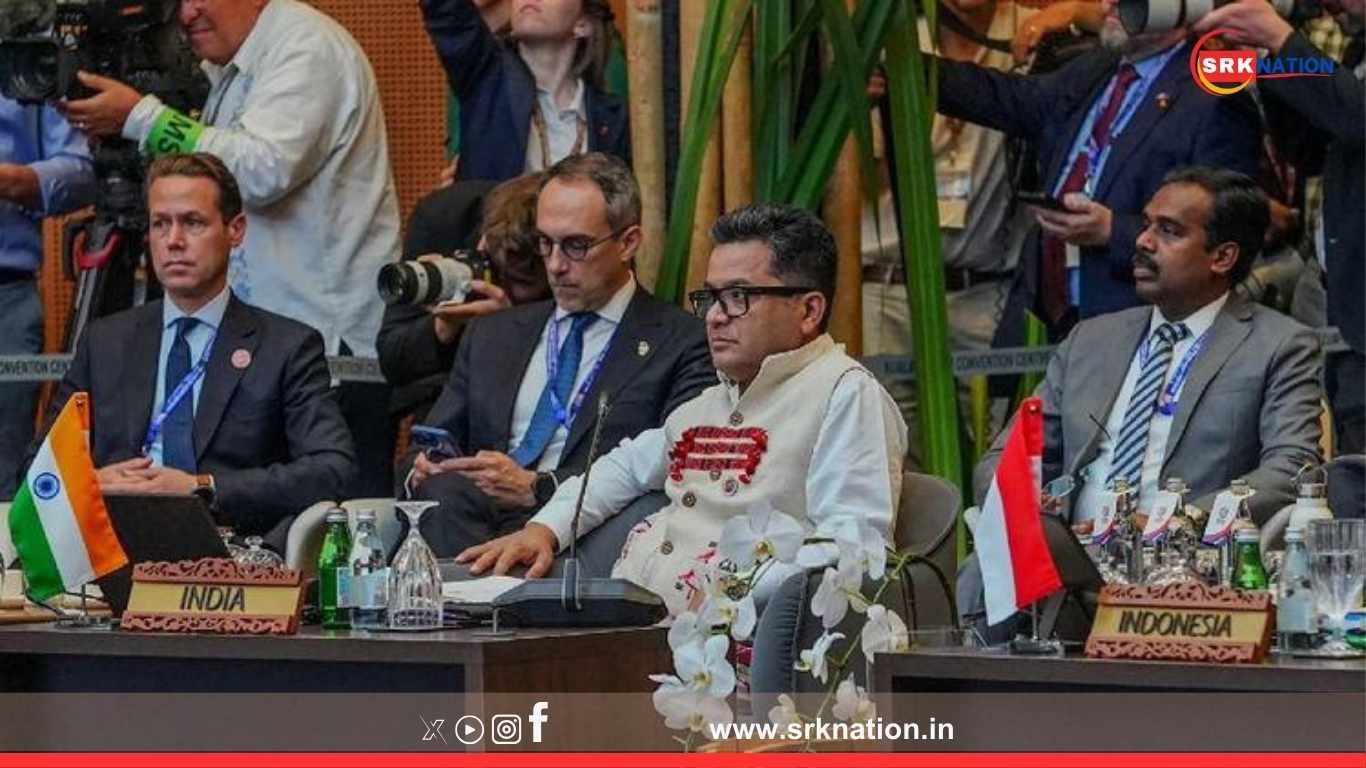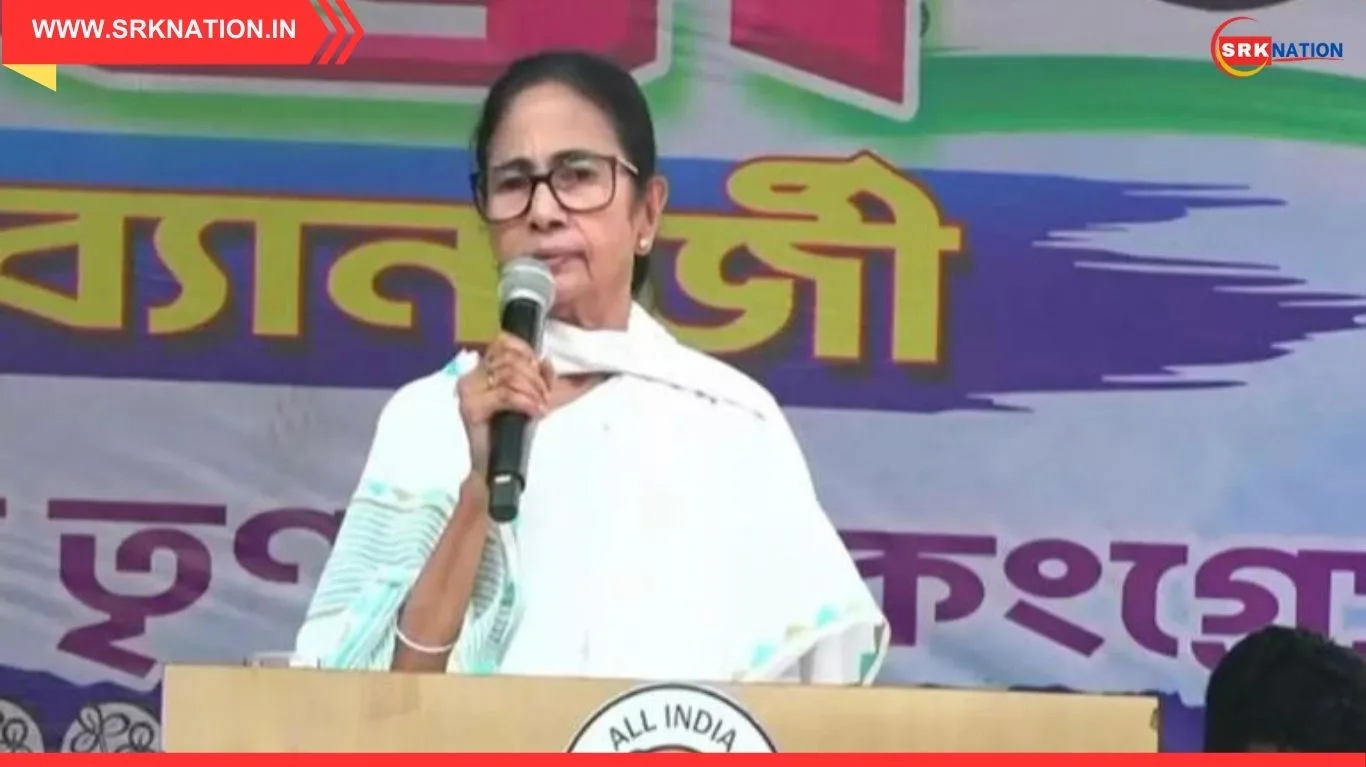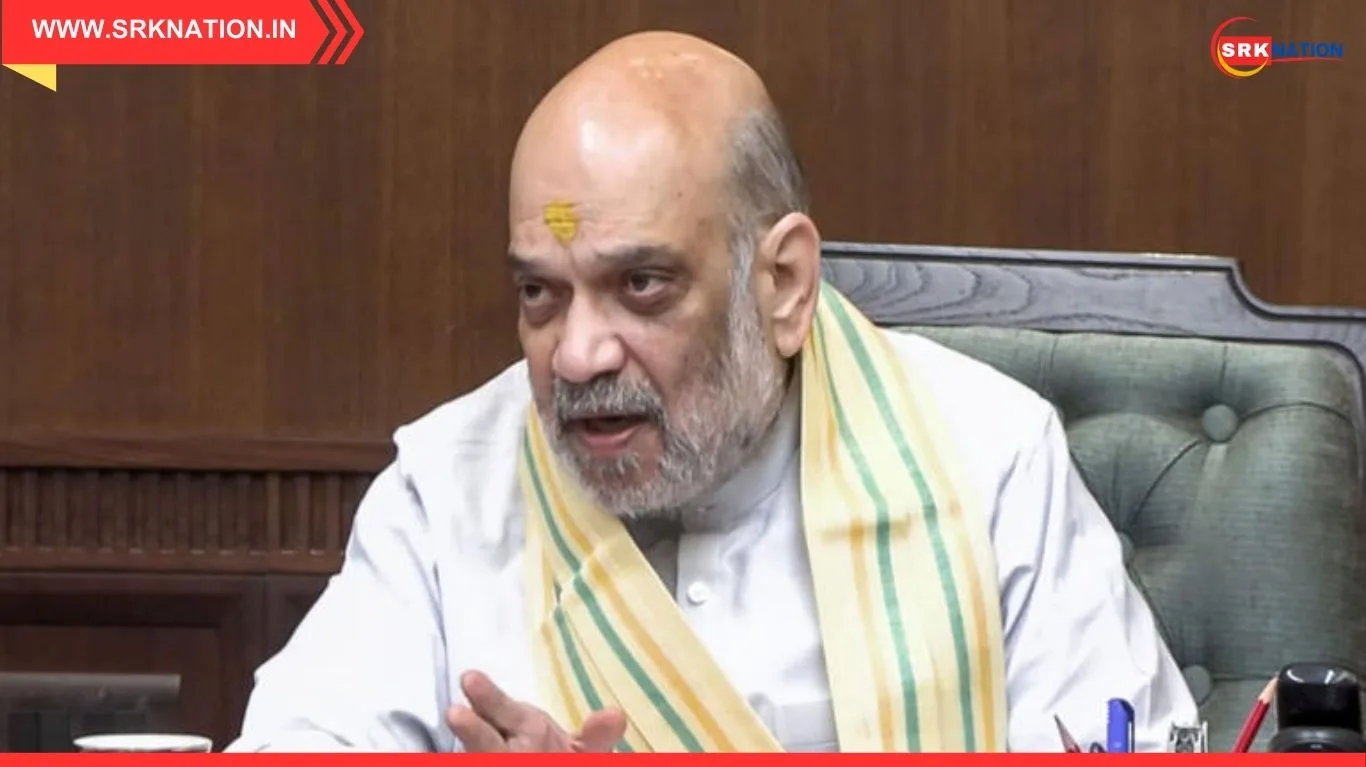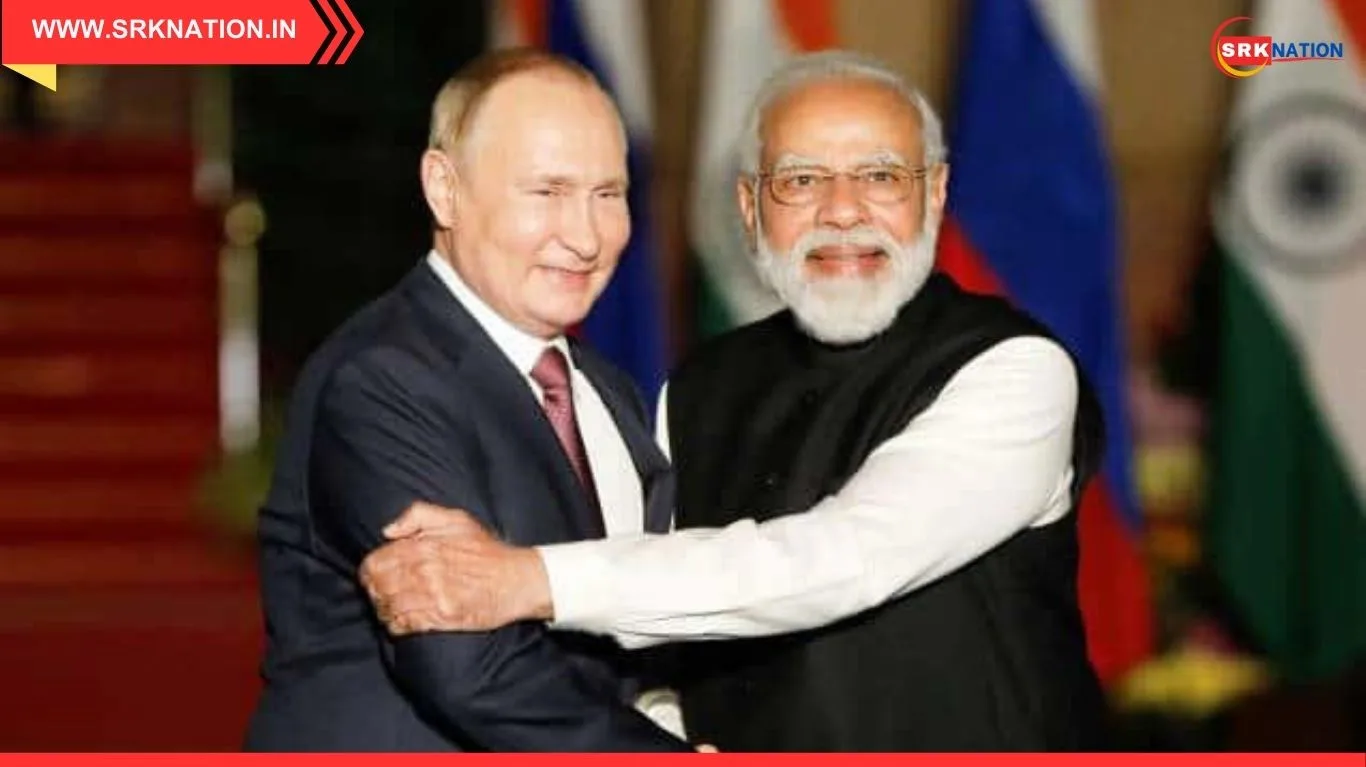India has once again reiterated its uncompromising stance against terrorism at the ASEAN Regional Forum (ARF) held this week, as Minister of State for External Affairs Pabitra Margherita represented New Delhi with a strong message. During the multilateral deliberations, Margherita categorically highlighted that terror continues to threaten regional stability and development, indirectly hitting out at Pakistan for its continued support to cross-border terrorism.
India’s firm diplomatic positioning
Addressing representatives from ASEAN nations, the US, China, Japan, and other key players, Margherita stated:
“India maintains zero tolerance towards terrorism in all its forms and manifestations. Any country that shelters or sponsors terrorism for political motives endangers humanity at large.”
Without directly naming Pakistan, his remarks were widely interpreted as a veiled rebuke towards Islamabad’s longstanding policy of using proxies in Jammu & Kashmir and other neighbouring regions.
Context: ASEAN Regional Forum 2025
The ASEAN Regional Forum, held in Jakarta, Indonesia, focused on maritime security, counter-terrorism, economic recovery, and climate resilience. India leveraged the platform to:
- Strengthen counter-terrorism partnerships with Southeast Asian nations
- Seek enhanced intelligence sharing and capacity building for maritime surveillance
- Push for adherence to a rules-based international order in the Indo-Pacific
Pakistan’s isolated stance
During the forum, Pakistan’s delegation attempted to raise the Kashmir issue. However, ASEAN leaders largely ignored the intervention, focusing on economic revival and regional security challenges posed by terrorism, cyber threats, and geopolitical tensions.
Margherita, reinforcing India’s position, said:
“Efforts to divert attention from terrorism by bringing bilateral issues to multilateral platforms are counterproductive. Terror is terror, and there can be no justification or differentiation.”
Key highlights from Margherita’s address
| Issue Raised | Indian Standpoint |
|---|---|
| Terrorism | Zero tolerance; no compromise with state-sponsored terror |
| Indo-Pacific | Support for a free, open, and inclusive region |
| Maritime Security | Cooperation in surveillance, disaster relief, and anti-piracy |
| Connectivity | Urged fast-tracking of India-ASEAN digital and physical connectivity projects |
| Economic Growth | Highlighted opportunities in India’s manufacturing, digital economy, and green energy sectors |
ASEAN members’ response
Southeast Asian nations, many grappling with radicalisation threats, welcomed India’s call for comprehensive counter-terrorism cooperation. Indonesia, Singapore, Vietnam, and the Philippines reiterated the need for intelligence sharing and joint training programmes.
An Indonesian diplomat said on the sidelines:
“India’s clarity in counter-terrorism efforts and maritime security is reassuring for ASEAN. The region requires strong partners to deter extremist networks and maintain freedom of navigation.”
Strategic importance of India-ASEAN relations
India’s engagement with ASEAN has gained momentum under its ‘Act East’ policy. Bilateral trade crossed USD 110 billion in FY 2024-25, and New Delhi has consistently advocated for:
- Inclusive regional security frameworks
- Respect for sovereignty and territorial integrity
- Sustainable infrastructure development
With rising Chinese assertiveness in the South China Sea and North Korea’s missile provocations, ASEAN nations value India’s balanced yet firm diplomatic approach.
Pakistan’s repeated setbacks at multilateral forums
Pakistan’s strategy to internationalise Kashmir in forums such as ARF, SCO, and UNGA has seen diminishing returns in recent years due to:
- Global fatigue with Islamabad’s repetitive narratives
- The world’s focus shifting to Afghanistan’s stability, Ukraine war, and Indo-Pacific contestations
- Its failure to act against UN-designated terror groups operating within its borders
India has used this diplomatic space to highlight Pakistan’s terror networks and their destabilising role in South Asia.
MoS Pabitra Margherita: Emerging diplomatic voice
Pabitra Margherita, a prominent BJP politician from Assam and recently appointed Minister of State for External Affairs, has emerged as an articulate voice on India’s security and neighbourhood policies. His speech in Jakarta highlighted:
- Strategic alignment of India’s Northeast with ASEAN connectivity goals
- The need to tackle insurgency funding through terror-financing crackdowns
- Strengthening people-to-people ties via education, culture, and tourism exchanges
Broader security deliberations at ARF
The ASEAN Regional Forum also saw:
- US reaffirming security commitments to allies and partners
- China calling for peaceful dispute resolution but reiterating its maritime claims
- Japan expressing concerns over missile threats in the Korean peninsula
- Australia seeking enhanced defence and humanitarian assistance partnerships
India’s delegation engaged with counterparts from the US, Vietnam, Japan, Indonesia, and the Philippines for focused bilateral discussions on maritime domain awareness and counter-terrorism operations.
Why India’s stance matters globally
- Moral clarity: India’s uncompromising rejection of terror as a statecraft tool resonates with global norms.
- Economic implications: Terror-related disruptions hamper trade routes critical for ASEAN and Indo-Pacific economies.
- Security leadership: New Delhi’s technological, intelligence, and naval capabilities make it a natural partner for regional security frameworks.
- Geopolitical balance: India offers ASEAN an alternative strategic partner amid US-China rivalries.
Challenges ahead
While India’s diplomatic offensive against terrorism gains support, challenges remain:
- Expanding actionable intelligence sharing with ASEAN nations
- Countering radicalisation through educational and social collaborations
- Addressing non-traditional threats like cyber terrorism and biosecurity risks
Conclusion
India’s firm articulation of zero tolerance towards terrorism at the ASEAN Regional Forum, combined with MoS Pabitra Margherita’s assertive rebuttal of Pakistan’s disruptive tactics, reinforced New Delhi’s image as a credible security partner. As the geopolitical dynamics of the Indo-Pacific continue to evolve, India’s clear and principled diplomatic messaging positions it at the forefront of regional counter-terrorism and stability initiatives.
Disclaimer
This news article is based on official statements, diplomatic proceedings, and forum summaries available as of July 2025. Readers are advised to consult government releases and ASEAN publications for formal resolutions and future developments. The publication does not bear responsibility for strategic decisions made based on this content.











